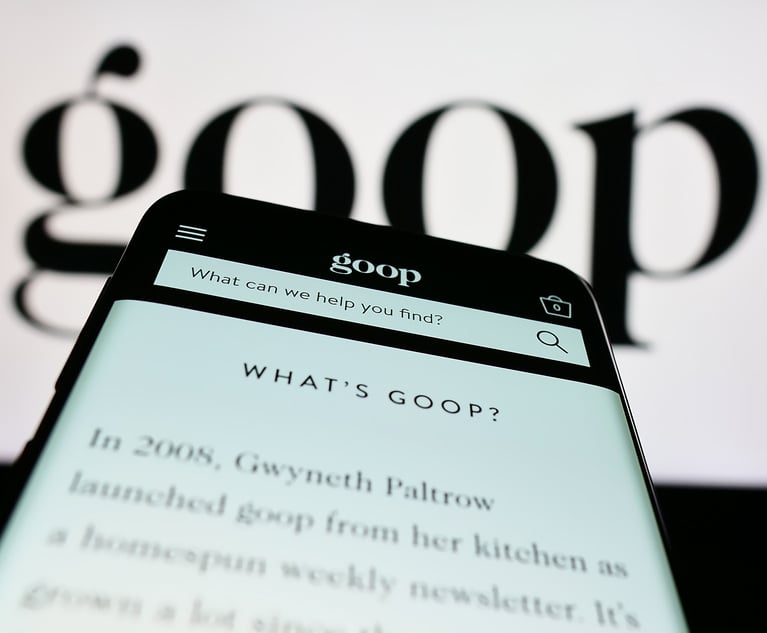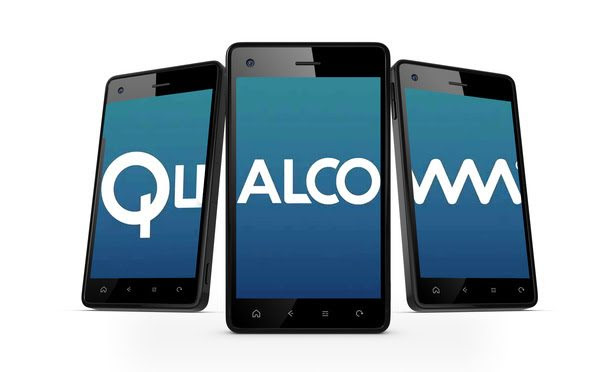Welcome back my friends to Skilled in the Art for our first edition of 2019. I’m Law.com IP reporter Scott Graham. The new year is nearly four days old and we’re already into what could be the biggest IP trial of the year (yes, technically, an antitrust trial). The Federal Trade Commission is trying to prove that Qualcomm‘s IP licensing practices are anticompetitive. That could throw a big wrench into Qualcomm’s business model and have knock-on effects in upcoming trials with Apple, Apple’s contract manufacturers, and a consumer class of some 250 million smartphone purchasers. I’ve got seven questions ahead of the FTC trial—six that I’ve covered on The Recorder, plus a bonus question for this newsletter. Just as in 2018, you can always email me your thoughts and feedback and follow me on Twitter.










